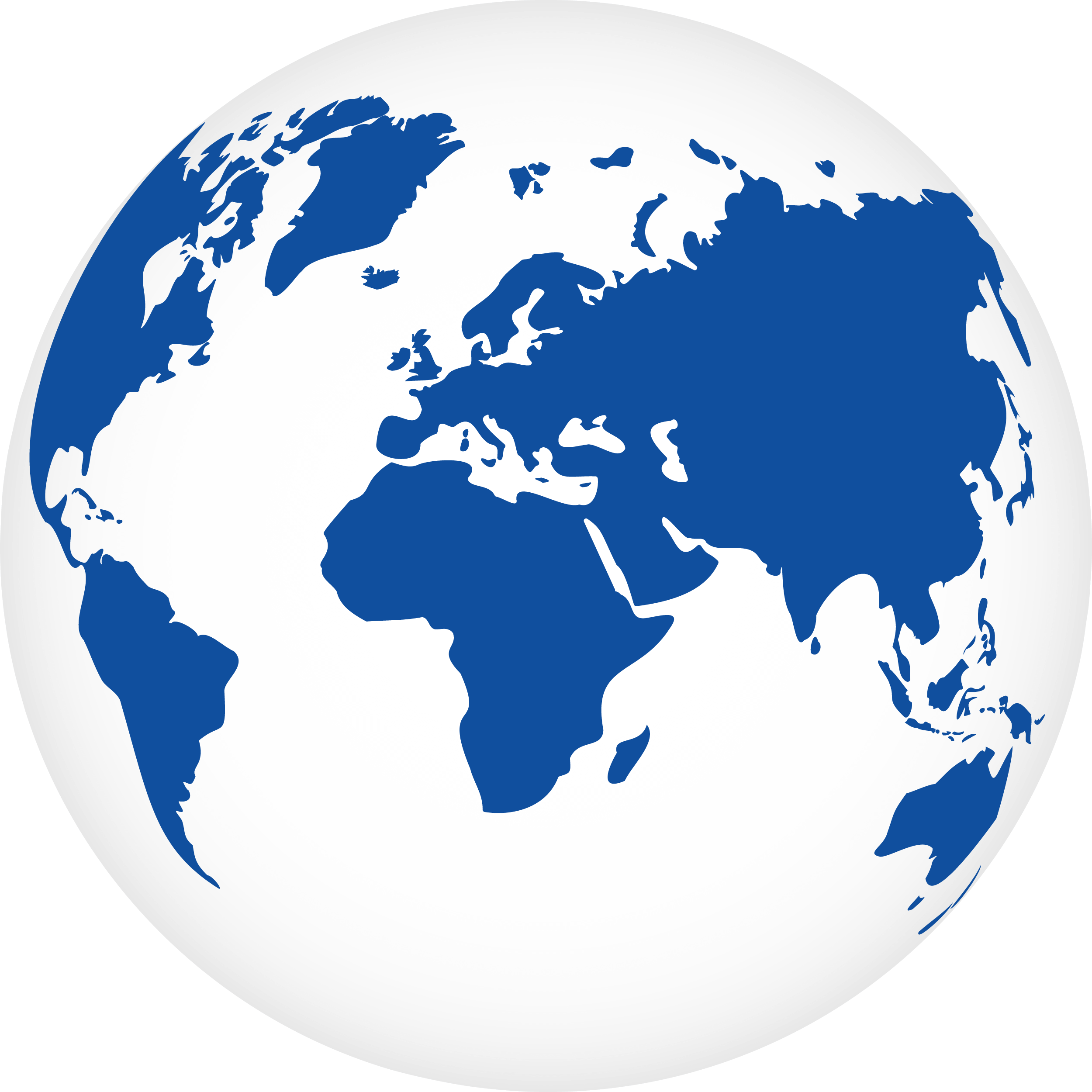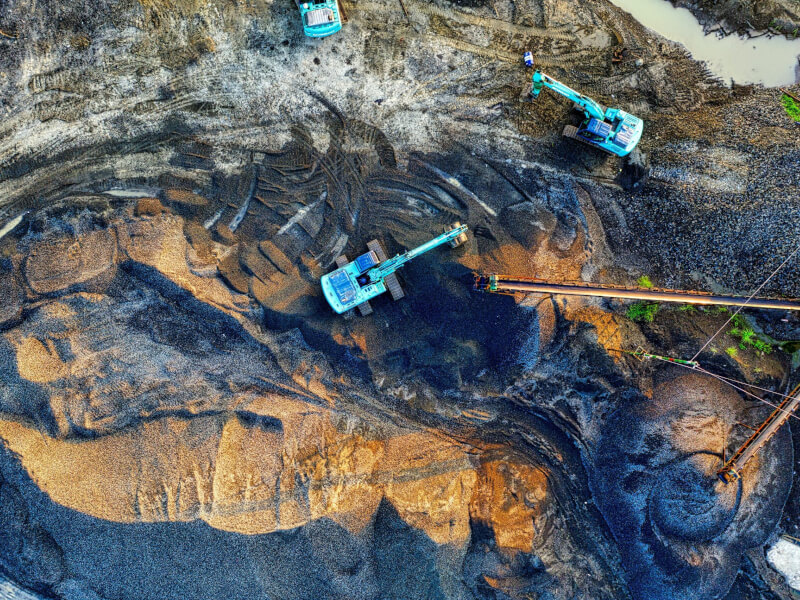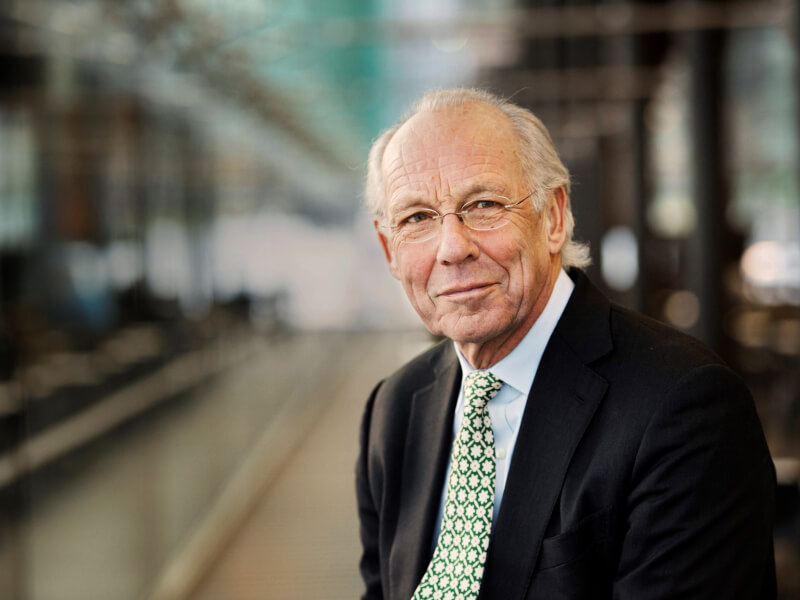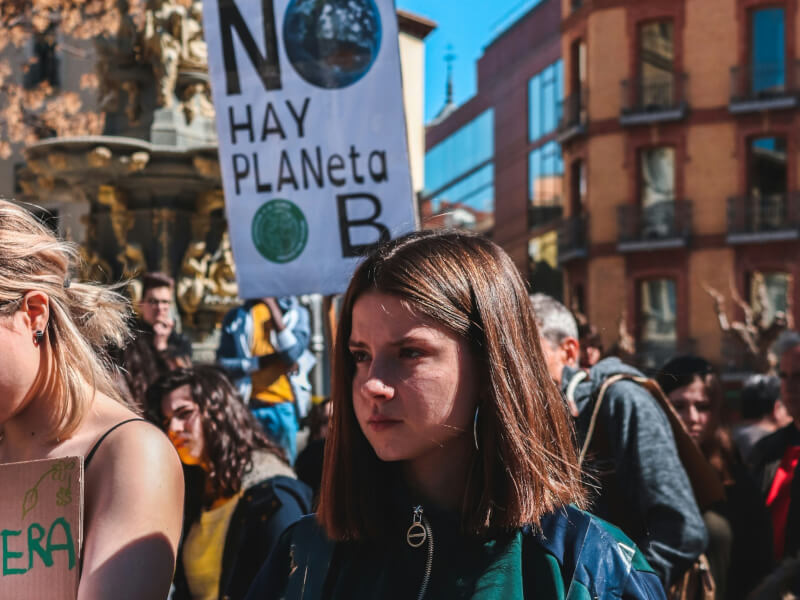03 November 2025 – Saleem Ali, Blue and Gold distinguished professor at the University of Delaware and member of the Club of Rome, advocates for international governance structures to ensure that minerals essential for the green transition are managed fairly and sustainably. In this conversation, he discusses the idea of a Global Minerals Trust as proposed by the Minerals and Consumption Taskforce, its potential to prevent conflict and the systemic shifts needed to build a more equitable and resilient resource economy.
In the Taskforce’s submission to the EU public consultation on the Circular Economy Act, you propose the creation of a Global Minerals Trust. What is the Trust and why is it important for the future of resource management?
A Global Minerals Trust would act as a resource management mechanism where producing and consuming countries serve as trustees. The trust would hold minerals needed for the green transition as an asset base for planetary solutions. Its functions would include creating stockpiles to stabilise prices, preventing the weaponisation of mineral supply and ensuring minerals are used efficiently.
Importantly, the trust would integrate circular economy principles therefore allowing for leasing of metals and product take-back systems to maximise recycling and reduce the pressure to open new mines in ecologically or socially risky areas.
You’ve explored how resource extraction can fuel conflict. What role could a Global Minerals Trust play in easing tensions and building cooperation?
The trust would provide assurance to countries concerned about supply constraints, reducing the scramble to establish extractive projects in unsuitable areas. It could function like a resource bank, building stockpiles to buffer against price fluctuations and ensure stability for both producers and consumers.
For resource-dependent developing countries, this stability would reduce vulnerability to sudden market shifts. By embedding recycling and leasing mechanisms, the trust would further enhance cooperation and lessen tensions over finite resources. Ultimately, it would create a multilateral governance framework for minerals.
How can EU development support help resource-rich but low-income countries build their own processing capacity and keep more value locally?
Development assistance can strengthen technical capacity to make extraction more efficient and environmentally sound. It can also support value addition, but only where it makes sense for local energy and infrastructure realities. For example, setting up smelters in countries already facing electricity shortages could create more problems than benefits. Instead, long-term investments and foreign direct investments can help countries evolve from raw mineral extraction to becoming major producers. Such transitions must be gradual and carefully managed to avoid poverty traps where only elites benefit while the wider population remains marginalised.
From your research, what cultural or institutional shifts are needed to build a more equitable global system for managing natural resources?
A major shift is needed in business culture. Mining has long been viewed as a linear process of extraction and sale, with little responsibility for the full material lifecycle. Some sectors, like aluminium, have embraced recycling, but many critical metals such as platinum, remain far behind. Companies must begin to see themselves as providers of material services, investing in recycling infrastructure and product take-back systems.
Equally, consumer culture must evolve! We must question whether we need as many cars or resource-intensive products, recognising that better urban planning can reduce demand without reducing quality of life. The example of Paris cutting car use by 40% through transport redesign shows what is possible. Together, these shifts in industry and society are essential to managing critical minerals more responsibly and equitably.




